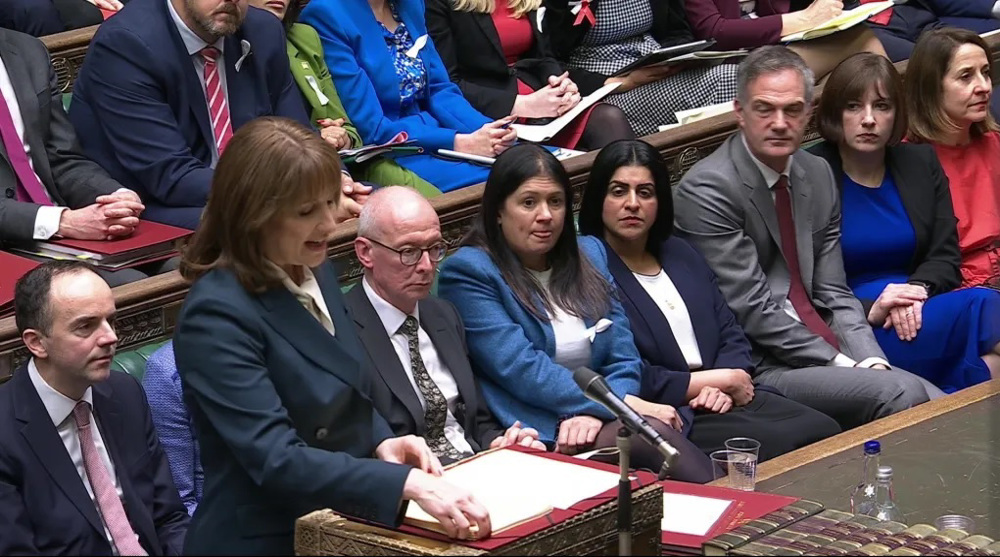Report: 200,000 British households to fall below poverty line by 2020
A new report suggests that up to 200,000 households with working members in Britain will push into poverty by the government's latest welfare reforms.
The Resolution Foundation, a British think tank, published the report just a day after Prime Minister pledged an "all-out assault on poverty" and urged the government to protect the most vulnerable and lowest-paid workers.

The think tank’s findings countered not only David Cameron's message during the Conservative Party's annual conference but also promises made by Chancellor George Osborne.
According to the report, the number of working households in poverty will rise by 100,000 next year as a result of changes announced by Osborne in July. A further 100,000 working households would fall below the poverty line by 2020 after a second phase of cuts.

Based on the figures, the number of poor household in Britain will be around 2 million by 2020. The Resolution Foundation says even the minimum wage would not offset the losses incurred by tax credit cuts.
Although the finance ministry has so far maintained that the July announcement was fair and necessary to take spending on tax credits back to 2008 levels. But the Thursday's report is likely to prove an eye opener for Osborne who is seen a probably replacement of Cameron before the 2020 elections.
“Cameron is a hardliner than Osborne but clever enough and tries to present himself as compassionate conservative whereas Osborne appears to be pondering to the ultra-conservative and the point about the welfare reform is simply to win votes by bashing the whole like immigrants, an easy target for the people who would back Osborne in the leadership elections for the Conservative party who pretends to be the prime ministership. That of course will be disaster for Britain and poorer people if he were elected, almost as that much disaster as having Cameron there, Ian Williams, a New York-based analyst told Press TV.
“The whole basis is that they are trying to reduce people income and living wage that goes back to the Victorian idea that people aren’t working because they are lazy and get more money by not working. The figures show the unemployment goes up and down with the economy; it doesn’t go up and down with how much welfare people get,”Williams added.

With the Tory government committed to pushing through another £12 billion of cuts in a new round of austerity measures, the problem is likely deteriorate, David Finch, a senior economic analyst at the Resolution Foundation, said the government would make it harder for families to earn their way out of poverty by weakening work incentives in the benefits system.
Iran says Israel’s recognition of Somaliland aims to destabilize Red Sea, Horn of Africa
UN renews ceasefire call as over 200 civilians killed in RSF ethnic attacks in Sudan’s Darfur
Iran’s soft power to quench regional thirst for healthy beverages
Ansarullah: South Yemen proxy war meant to help Israeli dominance
Explainer: How America’s foster care system harms children instead of protecting them
‘A full year of injustice’: Son of Gaza doctor Abu Safiya demands his immediate release
Trump: Zelensky doesn’t have anything ‘until I approve it’
VIDEO | Press TV's news headlines









 This makes it easy to access the Press TV website
This makes it easy to access the Press TV website